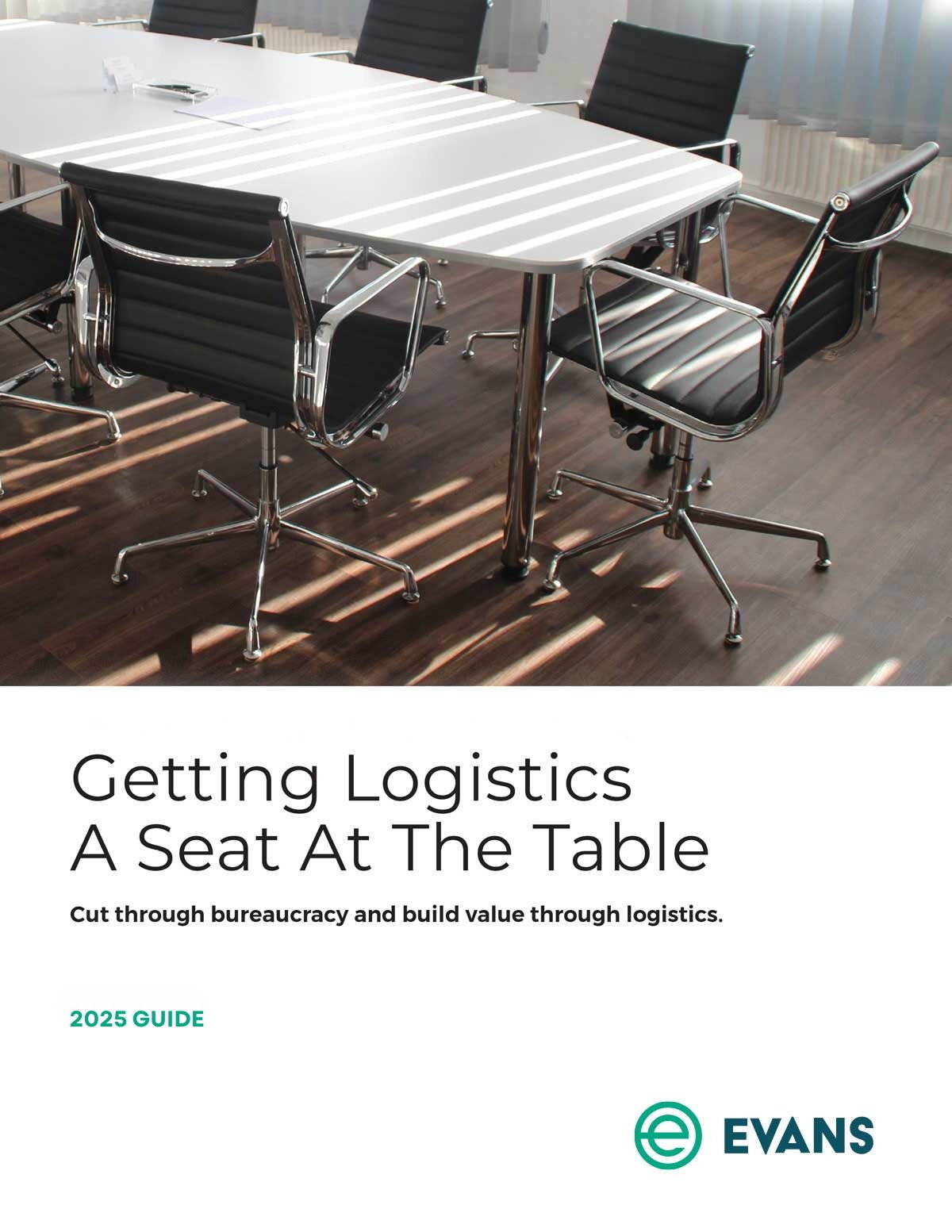Freight claims got you down? Here are three ideas to make the process a little less painful.
There’s no question that handling freight claims can be time-consuming and complicated. Our best advice for navigating the claims process is to reduce the number of claims.
No matter what volume of shipping you are doing, fewer freight claims means more time and resources that go to your business. Here is our advice for proactively addressing freight claims — and why a 3PL is truly your partner in the claims process.
1. Think strategically — focus on claims reduction
The #1 factor in reducing LTL freight claims is good product packaging. The most important thing you can do is keep the product packaging within the footprint of the pallet.
In LTL shipping, carriers unload, stage, and reload pallets at terminals across the country. If there is anything outside of the pallet dimensions, it is liable to rub or catch. Other freight, trailers, forklifts — really any other surface — can create a problem when you have pallet overhang.
So how can you address this? Of course, packaging is highly specific to the individual product. But, generally speaking, any stretch wrapping should go to the bottom of the pallet. This is a handling best practice and a good first line of defense in keeping packaging within the pallet dimensions.
When handling industry-specific items, such as food products or bagged items, you will need extra support. Heavy-duty cardboard trays can keep goods within a pallet. Banding around the pallet can add structure. These are just a few ways to ensure that your product stays secure through the touch-heavy process of LTL shipping. More secure packaging is a surefire way to keep down your claims number.
At Evans, we start evaluating ways to reduce claims immediately. When we do a site visit to evaluate density and classification for our shippers, we are also evaluating packing. This check can show us if there’s overhang, loose packing, or other issues that we can address right away.
2. Be savvy in insurance rate negotiations
With insurance rate negotiations, stay practical. To get the best rates, you need to understand the true cost of your product. Then, compare that to what limit of liability the carrier offers for a freight class.
Every carrier has a limit of liability for a class rate. At each class the payout is different. If you have lower-density product with a high limit of liability, ensure that you’ve negotiated accordingly. You can mitigate cost increases by focusing on good packaging.
By understanding the true cost of your product, you will know what you need from the carrier to protect your product through insurance. For example, for very dense products not susceptible to damage, consider not paying to insure. This will reduce the carrier’s risk and thus bring down costs for everyone involved.
Another factor is your end customer. Are you shipping your product to an individual consumer or a business? Generally, end-user standards are higher. An end-of-the-line consumer is more likely to make a claim for even slight damage because of product expectations. If you are shipping a high volume of widgets to a business and a few are missing, however, the stakes may be much lower. Taking the end user of your product into account when negotiating insurance rates will ensure you’re getting the best rate on what you’re shipping.
Upfront, 3PLs can provide expertise on negotiating limits of liability. This ensures you are not just guessing. 3PLs can offer industry insight to ensure that you are paying only for the liability coverage you need — which, in certain cases, is none at all. We think both the product and the coverage require a close look. That way you’re starting with the best possible combination of preparedness and liability protection.

